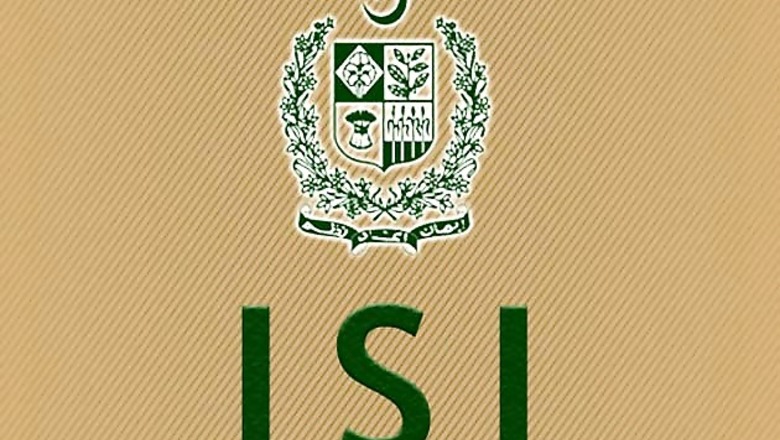
views
Pakistan's Inter-Services Intelligence (ISI) was among various local and foreign intelligence agencies that played a role in the 2004 arms smuggling case in Bangladesh for which 14 people were awarded the death sentence by a court on Thursday.
A further probe into the incident revealed the involvement of some top politicians of the then Bangladesh Nationalist Party (BNP)-led four-party alliance government, bureaucrats, ISI and Indian separatist outfit ULFA, the Daily Star reported.
A special court in Chittagong handed down the death sentence to Paresh Barua, who heads an ULFA faction opposed to any peace talks, and 13 others, including Jamaat chief and then industries minister Motiur Rahman Nizami and then state minister for home Lutfozzaman Babar, for smuggling in 10 truckloads of firearms in 2004.
A huge cache of arms was recovered April 2, 2004, at the jetty of the Chittagong Urea Fertiliser Ltd. (CUFL) near the Karnaphuli river while being loaded on 10 trucks for delivery to the Indian separatist outfit United Liberation Front of Asom (ULFA).
These included 4,930 sophisticated firearms of different types, 840 rocket launchers, 300 rockets, 27,020 grenades, 2,000 grenade-launching tubes, 6,392 magazines and 11.41 million bullets.
It was the largest ever seizure of an arms consignment in the Bangladesh.
According to the Daily Star, a further probe carried out by investigation officer Moniruzzaman Chowdhury into the two cases - one on arms dealing and one on smuggling - found that several meetings were held at home and abroad before the April 2, 2004, operation.
Some of the accused in the two cases disclosed this during interrogation by the Criminal Investigation Department (CID) and their confessional statements in court, Chowdhury was quoted as saying.
Former National Security Intelligence (NSI) director Shahab Uddin, who is now in jail, alleged that former NSI director Abdur Rahim had held several meetings with officials of Pakistan's ARY Group and the ISI at home and abroad.
During interrogation at the Taskforce for Interrogation (TFI) cell in Dhaka in early May in 2009, Shahab Uddin had spoken about the arms smuggling plan.
However, in a confessional statement May 15 that same year, he tactfully avoided many facts. In the statement he did not mention the name of the ISI or any of its officials. Rather, he only referred to meetings with “foreigners”.
Rahim in his statement May 27, 2009, mentioned the names of the ARY and ISI and spoke about holding meetings with the officials of the two organisations.
He also said that he had met then ISI director general Ehsanul Hoque in London but he did not in those meetings give any hint about planning the arms smuggling. Instead, he alleged that Shahab held a meeting with ISI officials to facilitate the arms smuggling.
The interrogation of both Shahab and Rahim revealed that the NSI had managed to procure a mobile monitoring system from the ISI.
According to the report, Rahim also alleged that in March 2004, Shahab tried to talk with him about ULFA leader Anup Chetia, who is now lodged in a Bangladesh jail.
Seeing that Rahim was indifferent to this, Shahab said that they should help the ULFA, to which the former reacted by asking: “Shall we hand over Bangladesh to the ULFA?”
In his statement, Shahab said that he met one Pakistani national named Amirbhai at the Combined Military Hospital in Dhaka March 30, 2004, evening and Amirbhai told him that he had met the NSI director general.
Shahab later found that Amirbhai was actually ULFA leader Paresh Barua. He said while seeing off Amir, he could see from his cabin Rezzakul Haider Chowdhury, former Directorate General of Forces Intelligence (DGFI) director, standing near the staircase.
According to Moniruzzaman, though Shahb and Rahim traded many counter-charges, their statements made many things clear, which helped him probe the cases.











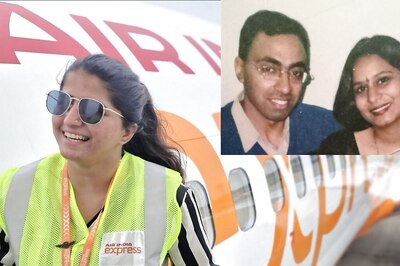

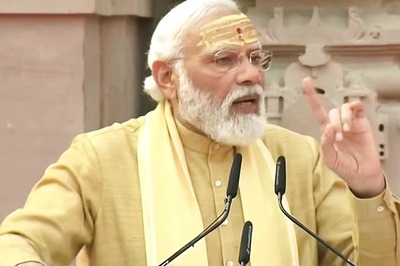

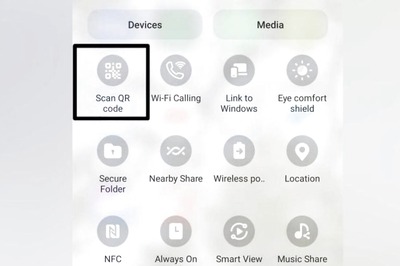
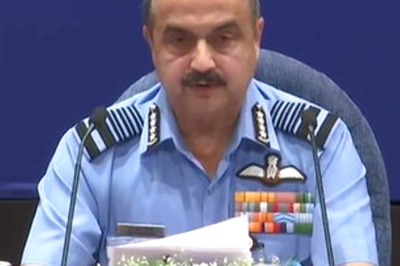


Comments
0 comment